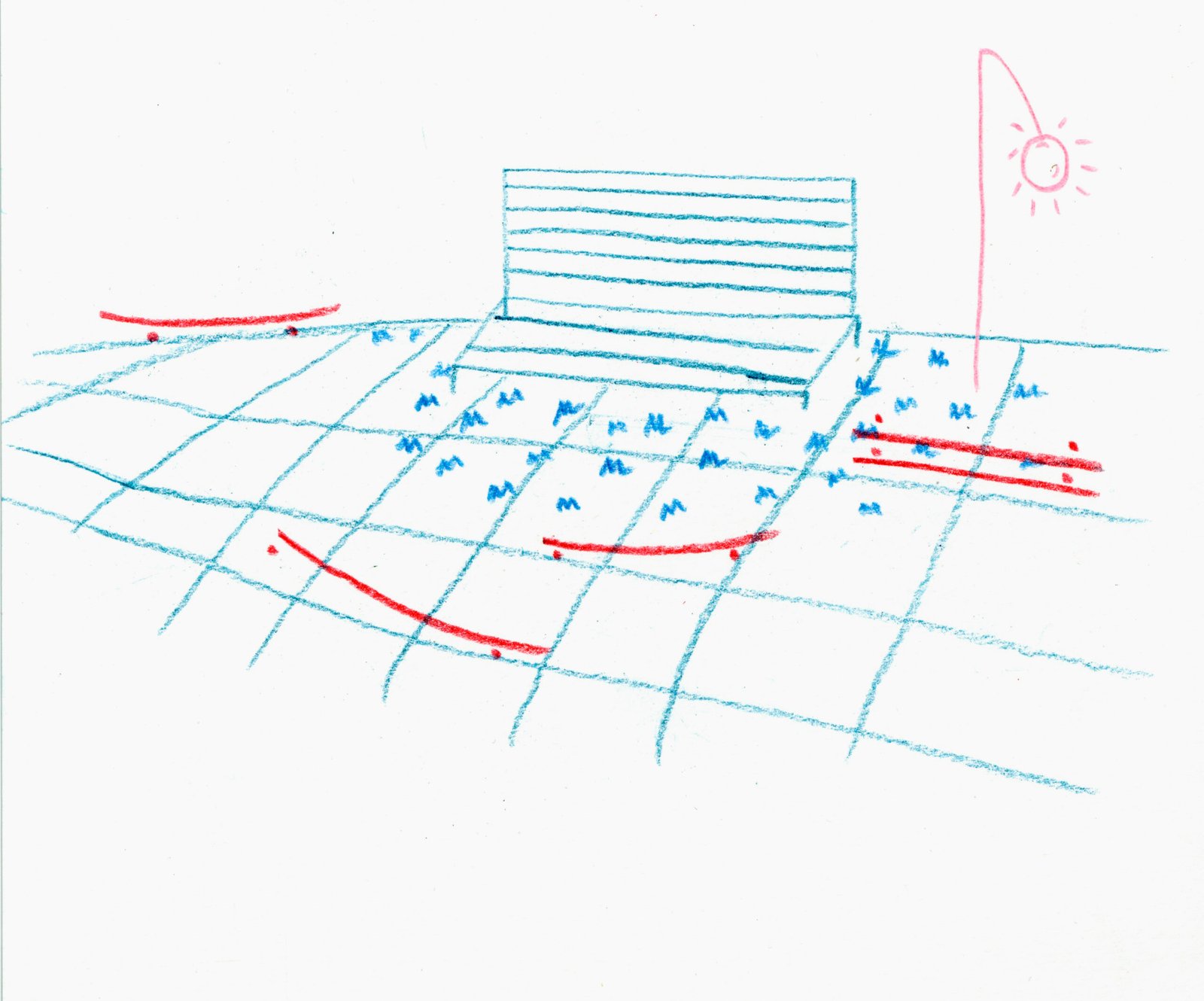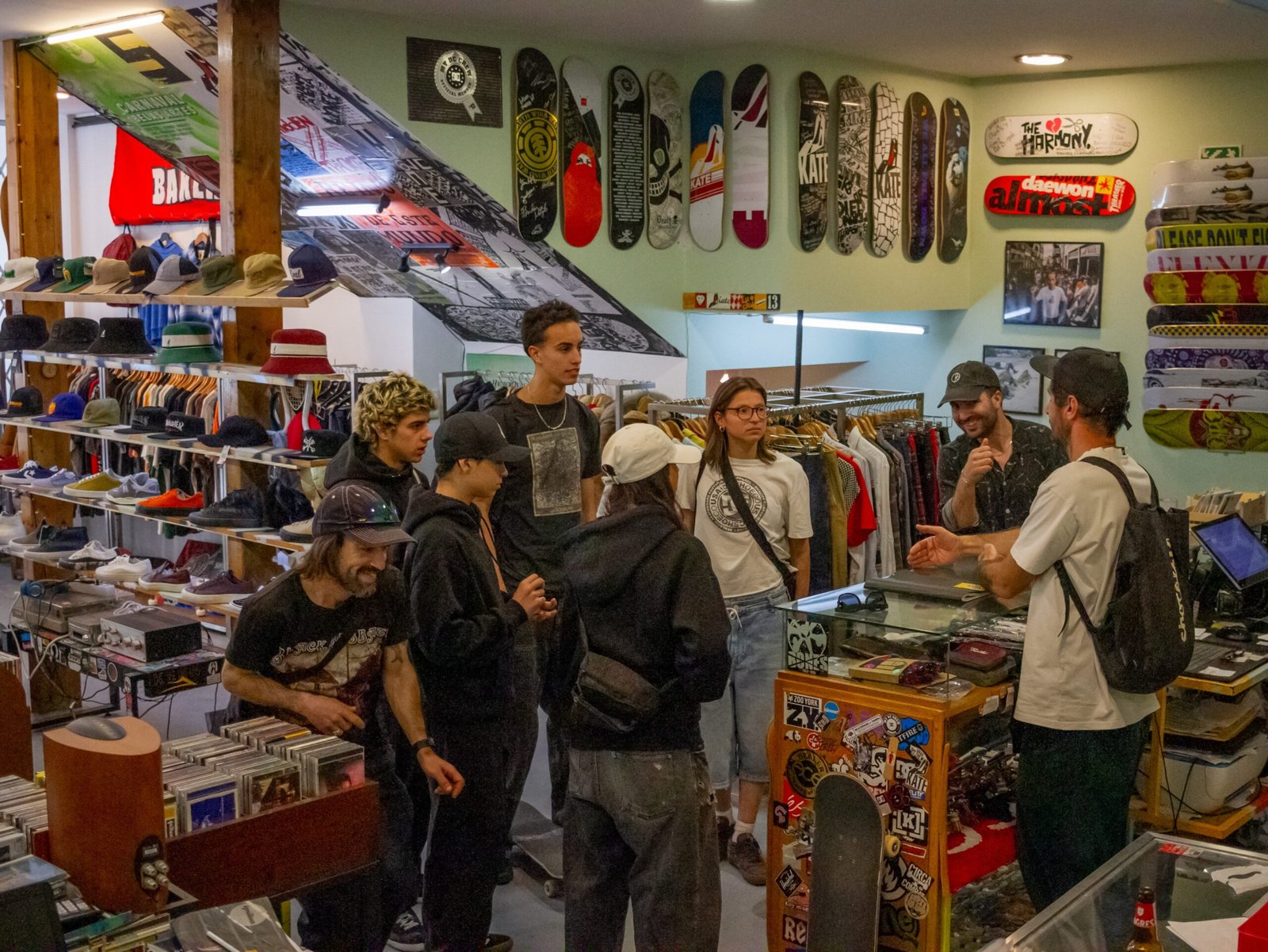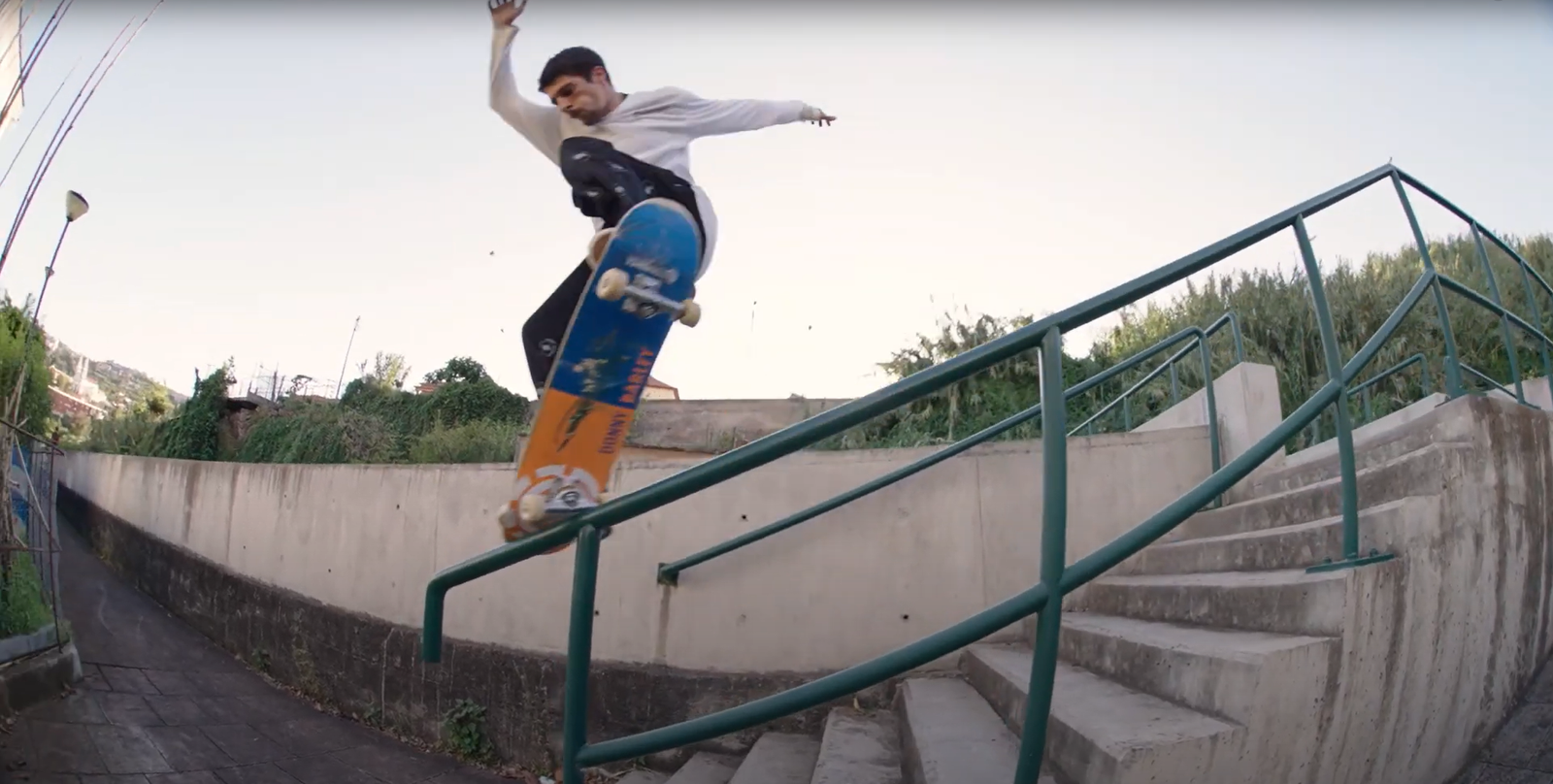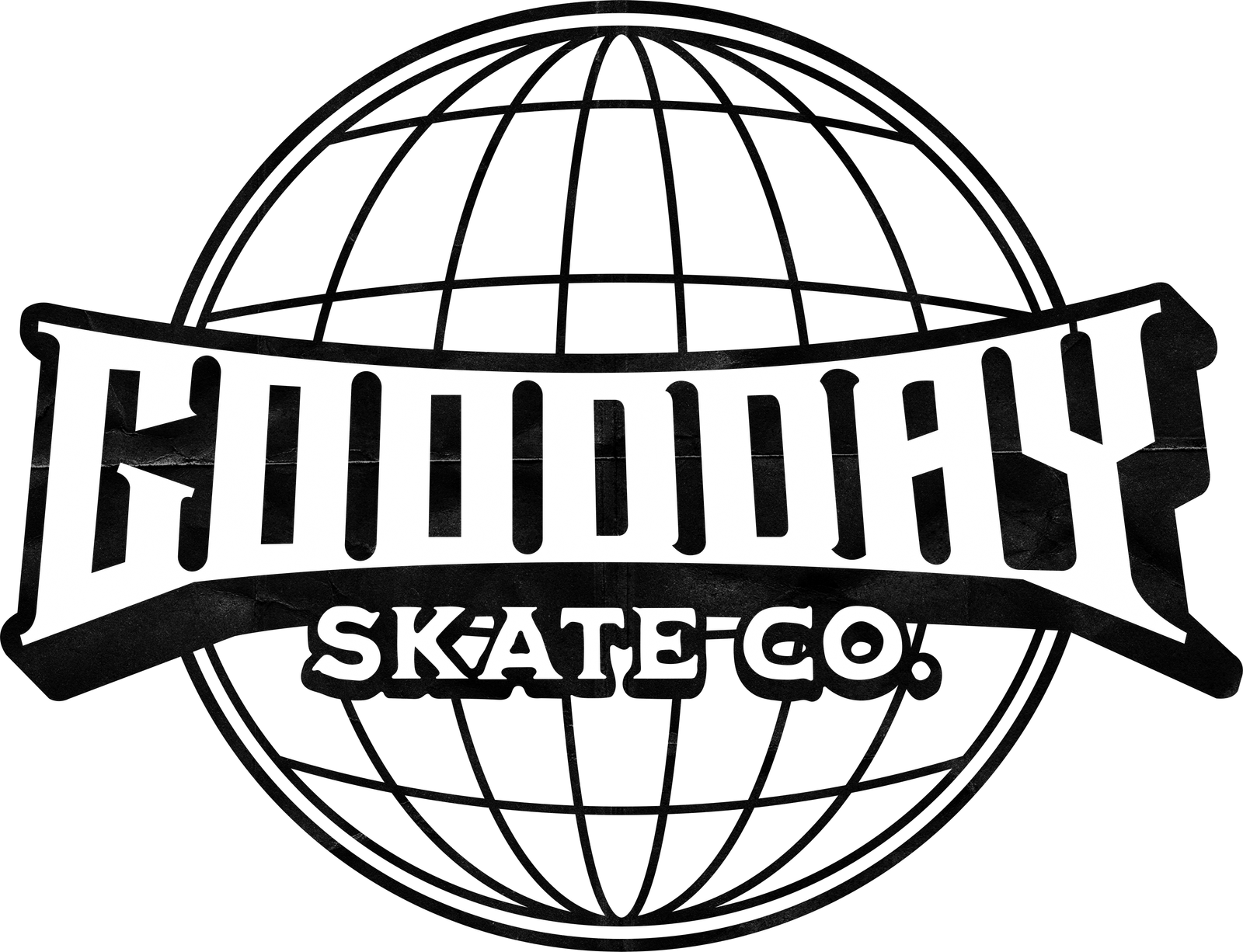Will Skateboarding Ever Be 100% Accepted?
Between Rebellion and Acceptance
Skateboarding has always been between two worlds: on one side, the street, DIY, chaos and the freedom to create something without rules; on the other, the constant attempt to fit it into a more accessible, more presentable, more “respectable” format. We have gone from delinquents to Olympic athletes, but will skateboarding ever be 100% accepted? And is that really a good thing?
In recent years, skateboarding has gained a level of recognition that was unthinkable decades ago. Before, we were chased out of parks by security guards, fined by the police and looked down upon by those who thought we were just a bunch of kids with no future. Now, the same urban spaces where we were expelled are being used as the backdrop for advertising campaigns featuring models posing with skateboards that have never touched the ground. The same system that excluded us has now realized that skateboarding sells – and suddenly, it’s okay to be skateboarders.
But does acceptance really mean integration? Because, at the same time that there are more skateparks, more institutional support and more media coverage, we continue to see streets full of anti-skateboarders, security guards chasing skaters and cities that build skateparks while banning street. There is an effort to mold skateboarding to what is convenient, but without truly understanding the culture that comes with it.
And then there are the Olympics. When skateboarding was announced as an Olympic sport, a lot of people celebrated – more visibility, more opportunities for skateboarders, more recognition as a “real sport”. But there was also a huge amount of resistance. Skateboarding has never been about rules and fixed scores, and turning it into a formatted competition takes away a lot of its essence.
At the Games, a skater wins or loses by tenths of a point, but how do you measure style? How do you assess creativity? How do you quantify the feeling of a well-placed line in a city full of textures and natural obstacles? The competitive format may work for some, but for many others, skateboarding is still something that doesn’t fit into podiums and medals.
And then there’s the question of what it means to be “accepted.” If acceptance means more support for skate culture and better conditions for skaters, then great. But if it means turning skateboarding into a sanitized, domesticated, street-friendly product, then perhaps the best thing that could happen to skateboarding… is that it will never be 100% accepted.
Because, at the end of the day, skateboarding has always been more interesting when it’s outside.
The bottom line is that skateboarding never needed acceptance to survive. From the beginning, it was built by skaters, for skaters, ignoring the rules and expectations of outsiders. Now that it has become mainstream, it is up to the community to decide what to do with this exposure. Can we seize the opportunities without losing our essence? Can we grow without becoming just another consumer product?
Perhaps the real answer lies in balance. Skateboarding can gain a foothold in the world without losing the spirit that made it special. But if it ever becomes fully accepted, if it stops being defiant, rebellious and unpredictable… will it still be skateboarding?
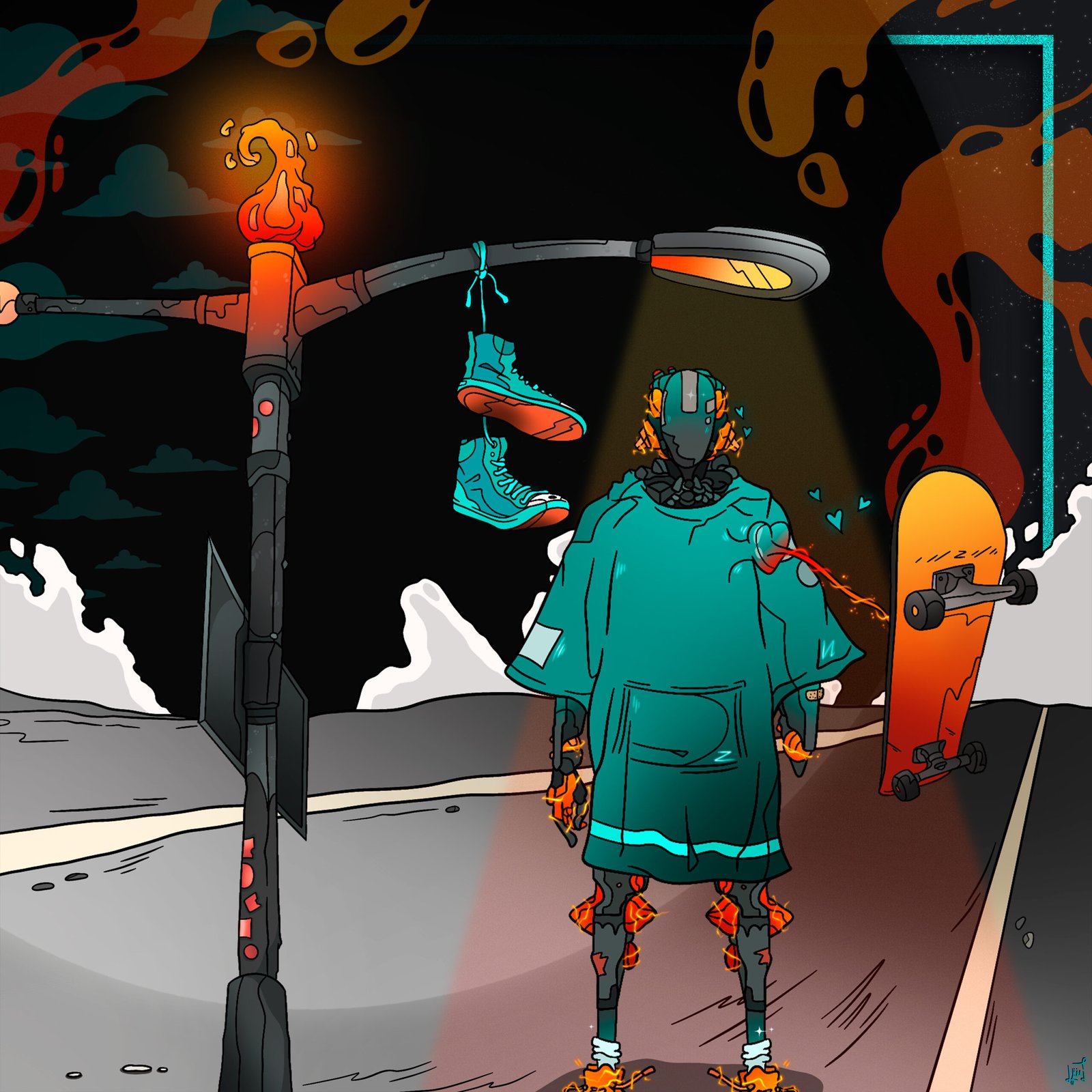
To better understand where we are in this debate, we asked a few people their opinions with specific questions about the acceptance of skateboarding. Each answer brought a unique/similar perspective on what is still needed for skateboarding to be seen as something fully integrated into society.

— Valter Sousa —
If skateboarding is already in the Olympics and has million-dollar brands, why are we still left out of the spots?
I don’t know if I know how to answer this correctly, but imagine… I think that the fact that skateboarding is in the Olympics doesn’t change the way people see it that much. And, to be honest, I actually like being chased out of spots. I like this idea of it being a “sport” that, in a way, is still seen as marginal. I think that brings a certain adrenaline rush. Actually, for me, skateboarding isn’t even a sport, it’s art. And any art that suffers some kind of censorship tends to be better, you know? When art stops being censored, it often loses its strength. I don’t know if I’m saying it right, but anything that involves some risk or adrenaline makes the art more intense, more special. Doing something that is seen differently is cool. It means that those who skate think a little outside the box… or maybe it’s the others who don’t think outside the box, and maybe they’re a little wrong.If you’re running out of spots, it might be because people are still very closed off. And, in a way, that’s actually cool. It shows that you’re not like that. I like that barrier. There are a lot of people with super monotonous lives, and when you realize that it’s a little different, it gives you a new appreciation for what you do. Basically, anything that’s too easy loses its appeal.I’m not against the Olympics, everyone does what they want, but I don’t know… I think art is not quantitative, it can’t be measured or qualified. I’ve participated in championships and I really enjoyed it, so these are just different views and that’s okay.I think being kicked out of spots has a lot to do with the culture of each country. If you go to a city like Berlin, where art is everywhere, you’re kicked out much less often. Here, we have a mentally old country. We had a dictatorship for a long time, and there are a lot of people with very closed-minded mindsets. In general, anything that deviates from the norm is seen as strange. But it’s not. People are just living their lives.
— Emanuel Silva —
Do you think skateboarding will ever be seen as something normal like playing football, or will it always be “something for rebellious kids”?
I don’t think so, because those who skate on the street will always suffer from this. Skateboarding wears out the spots, it makes noise, and there are always people who don’t like it. I don’t think this mentality will ever change. But for those who only skate in skateparks, this doesn’t feel as much.
— Gustavo Bugalhão —
If we had more skateparks and less street, do you think skateboarding would be more accepted or would it just lose its essence?
My opinion is that, even if there were more skateparks and less street, only those who want to skate will accept it. There are people who will never accept it and others who will, it depends on each person. Imagine someone who doesn’t like skateboarding, but later on that person might get involved with skateboarding and, from then on, start to like it. I don’t think that just because there are more skateparks and less street that this will change. It may have some influence, but the person has to feel it.It’s that kind of scene: he appears out of nowhere and the person starts to like him. It’s not just by seeing people walking that you’ll suddenly start to enjoy it a lot, it’s different.Losing the essence, I don’t think that will ever happen. Even if there are more skateparks and less street, people skate because they like it, because it’s good for their minds, because it feels good. They skate to relieve stress, they skate because they want to. It’s not because there are more places to skate that people will stop skating.
— Ruben Carlos —
What irritates society more: noise, scratches on the floor or seeing someone having fun without paying?
The combination of these three factors probably means that older people are not used to living with this, and when they see it, they criticize us and try to expel us. The authorities will always use the argument that “we ruin everything” to justify banning skateboarding in certain places, pointing out the fact that we have fun without paying. This is the most philosophical part of the issue: street skateboarding is a spontaneous, creative and free form of leisure, which can bother those who think that everything should be regulated and monetized. Ultimately, the problem is not skateboarding itself, but the idea of young people occupying public spaces in a free and unconventional way.
— Joao Lopes Gomes —
Do you think that skaters themselves sometimes feed the idea that we are a problem or is this just an excuse for them to run into us on the street?
Yes, a little. In my opinion, when we are chased off the street, we should try to explain to people what we are doing there and the purpose, and not try to create more conflict. We should try to “clear our name from the troublemakers” and explain to the people who chase us that we are not there to harm anyone, but rather to have fun and do our “job”. I think that if we start being troublemakers with whoever chases us, you will never be able to change their minds.
— Joao Rosa —
Does skateboarding really need to be accepted or is it better to maintain that outsider vibe?
In my opinion, as with everything in life, it should be respected. I think that nowadays it is quite accepted, however there is still a lot of closed-mindedness that atrophies when we skate in public spaces. It is important for there to be respect from both parties, or at least from those who are skating, and not to get into conflicts. More and more people see skateboarding as a positive thing. Whether it needs to be accepted, I don’t think so, is irrelevant, but if it is accepted or at least understood, it doesn’t hurt anyone. What is needed is respect for others and for those around us.

